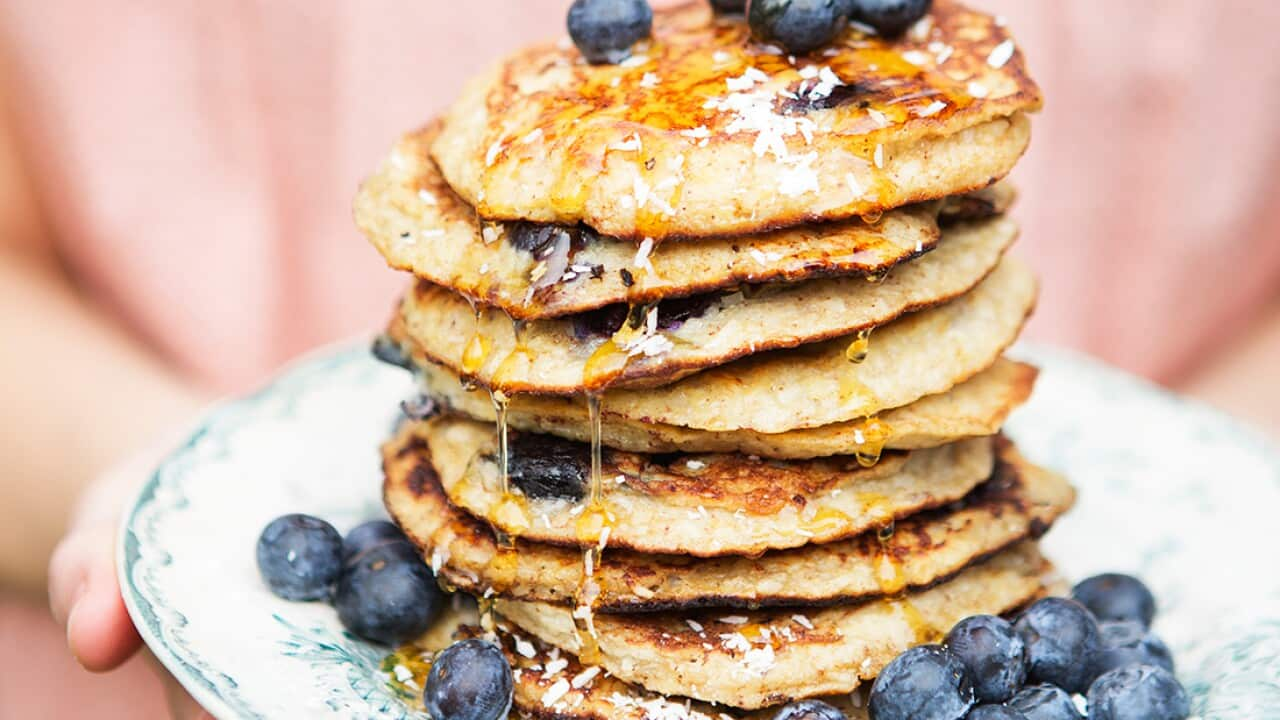Eating together is a ritual so entrenched in dating and romantic relationships that we barely stop to question why exactly we do it. Why is it that we go to the trouble of organising romantic dinner dates, prepare our partner’s favourite meal, or wait until they get home from work so that we can eat dinner together? Why not just dine alone exactly when we feel hungry, indulging our personal food whims and preferences, rather than considerately factoring in our other half? Intuitively, we know that eating together is an important ingredient in a successful relationship, but what does science have to say on the matter? Can sharing meals spark romance and lead to a love that is, well, all-consuming?
Good mood food
As it turns out, social interactions that involve eating a meal with someone favourably alter how we feel, behave and perceive our dining companion, according to research out of the University of Groningen in the Netherlands.
“We compared social interactions when people eat and don’t eat, then looked to see how their behaviour might be different in those two circumstances,” explains study co-author Associate Professor Marije aan het Rot. “We found that people were friendlier towards others, perceived others as being friendlier towards them and were in a better mood when they ate during a social interaction, which could imply that they were bonding over a meal, essentially.”
The other interesting thing the study revealed was that people eating together had fewer displays of dominant or submissive behaviour, suggesting that any power struggles or hierarchies in relationships became less prominent when food was involved. In a sense, food helps to create a level playing field (at least temporarily) in a relationship dynamic.
Building trust and intimacy
Not only does sharing a meal with our other half promote harmonious interactions, it also helps build trust – a crucial element in the early stages of a relationship. Case in point: a University of Chicago study, which found that strangers who are assigned to eat similar (as opposed to dissimilar) foods are more trusting of each other and more cooperative.
According to Catrin Finkenauer, a professor at Utrecht University in the Netherlands who has studied the role of food in relationships, eating with someone is an intimate – and highly informative – thing to do. “It gives us insights into when the other person eats, how they eat, do they eat with an open mouth or burp, and do they offer you food from their plate to try,” she says. “These are all signals that, especially in the beginning of a relationship, may be quite revealing as to whether you want to spend the rest of your life with that person.”
When food gets sensual
Dining together is one thing, but sharing the same dish or feeding your love interest seems to take the romance factor to the next level. That’s what British science presenter Michael Mosley discovers in Episode 2 of Meet the Humans, which explores the role our senses play in sexual attraction. In one of a series of experiments with a group of singletons looking for love, Mosley finds that two potential couples particularly hit it off when instructed to share dessert (despite wearing blackout goggles that prevent them from seeing each other).
The seductive effect is so powerful that for one couple, things rapidly progress to spoon-feeding each other and then kissing, despite being practically strangers. As the show’s body language specialist Tracey Cox observes of the couples, “You would not share food or feed somebody if you didn’t find them sexually attractive.”
Rating a relationship
Over at Clemson University in the US, Professor Thomas Alley is a leading expert on the psychology of food sharing and what it tells us about people’s relationship status. His research shows that people perceive more attraction, intimacy and involvement in a couple if they observe one person feeding the other. “The thing that really indicates romantic or sexual interest is ‘contaminated feeding’, which refers to the potential to transfer germs from one person to another,” he says. Think swirling your spoons in the same soup bowl, or nibbling on a pastry and then (generously) passing it to your suitor to share.
According to Alley, food sharing can also serve on a deep, instinctive level as a signal of mate or parental quality. “In order for me to share food with somebody else, I need to have more than I personally require, so it’s showing that I have excess resources and that I’m willing to share them,” he explains.
Nourishment for the long haul
As well as promoting pleasant interactions and fostering trust and intimacy in the early stages of a romance, dining together can give a relationship staying power, by encouraging connection and communication. “It gives you the opportunity to talk about the day and catch up on what is important in your partner’s life at the moment, which people did they see today, what did they have for lunch; all those little things that are crucial to maintaining a relationship,” says Finkenauer.
There’s also the ability of certain food rituals to create a unique culture and history within a relationship, whether it’s the signature pasta dish you and your partner devised, or the favourite dessert you whip up together when sweet cravings strike. “Shared uniqueness increases the bonding and intimacy between people, because it says ‘this connects us and makes us different from other people,’ and food routines are part of that,” affirms Finkenauer.
Meet The Humans

Don’t flip out! Here’s how to nail the perfect pancake
Share
SBS Food is a 24/7 foodie channel for all Australians, with a focus on simple, authentic and everyday food inspiration from cultures everywhere. NSW stream only. Read more about SBS Food
Have a story or comment? Contact Us




